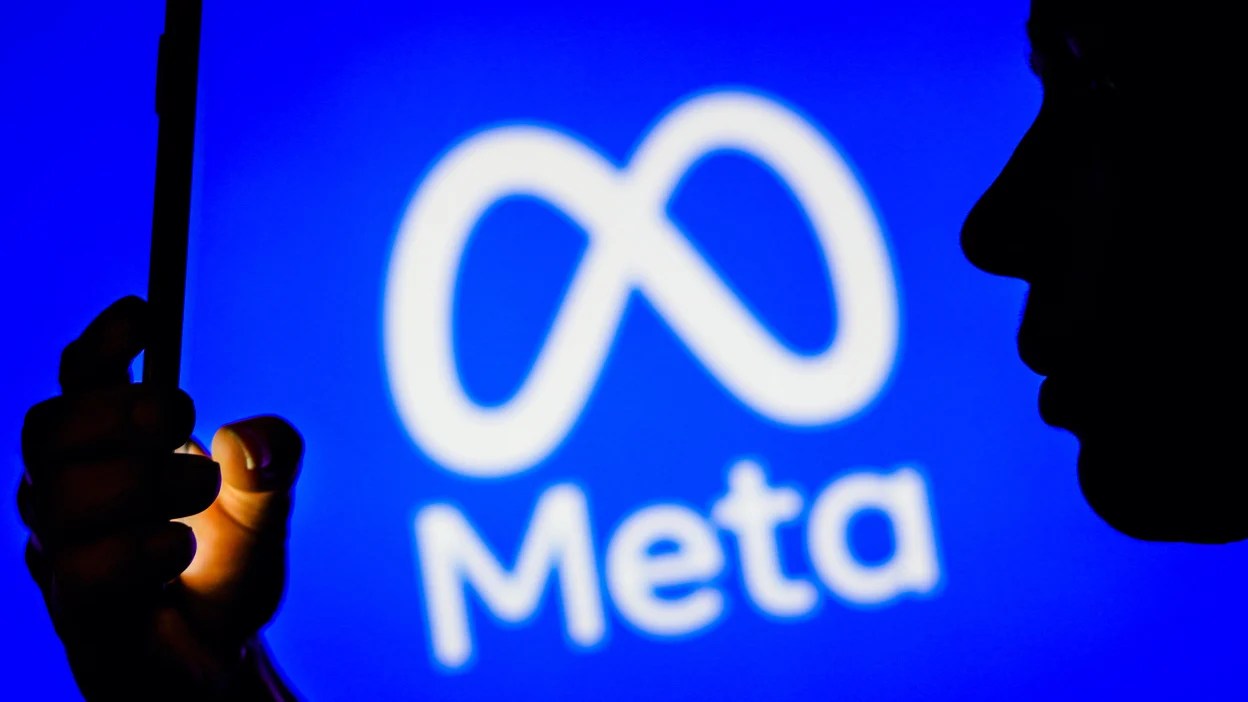Former Facebook Executive Alleges Targeting of Emotionally Vulnerable Teens by Meta During Senate Hearing
In a striking U.S. Senate hearing, Sarah Wynn-Williams, a former top executive at Facebook, accused Meta Platforms Inc. of exploiting the emotional vulnerability of teenagers for targeted advertising. Wynn-Williams, who previously held the position of Director of Global Public Policy at Facebook, disclosed that the social media giant identified and catered advertisements to 13- to 17-year-olds based on their emotional states, particularly during times of distress.
“It could detect when teens were feeling helpless or like a failure, and then use that data to allow advertisers to target them accordingly,” Wynn-Williams testified to Senator Marsha Blackburn. Her allegations suggest a concerning practice where moments of low self-esteem were lucrative for advertisers—a teenage girl deleting a selfie, for example, would trigger beauty product ads, while those with body image issues might see promotions for weight loss products.
Meta promptly denied these claims, labeling them as “false and disconnected from reality.” Nevertheless, the stunning revelations have intensified scrutiny on the company’s advertising protocols, particularly regarding young users’ mental health.
The hearing, originally focused on Meta’s connections with China, took a dramatic turn as Wynn-Williams accused the tech giant of jeopardizing U.S. national security. She alleged that Meta briefed the Chinese Communist Party on sensitive technologies, including artificial intelligence, as early as 2015, potentially cultivating an edge for Chinese advancements in tech.
Having resigned from Meta in 2017, Wynn-Williams’ testimony has rekindled debates surrounding the ethics of user data monetization, particularly regarding minors. The discourse is sparking renewed calls for stricter regulations on tech platforms, emphasizing the need to enhance protections for youth and govern ad targeting more effectively. The implications of these allegations remain far-reaching, potentially transforming the landscape of digital advertising and youth protection policies.



